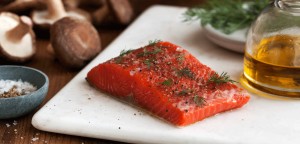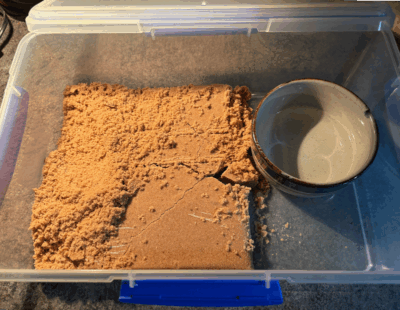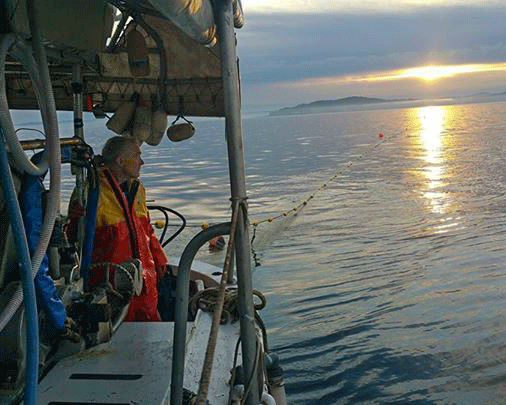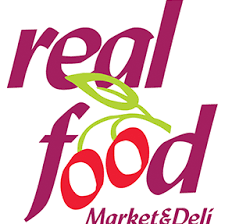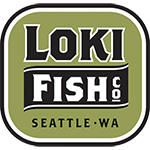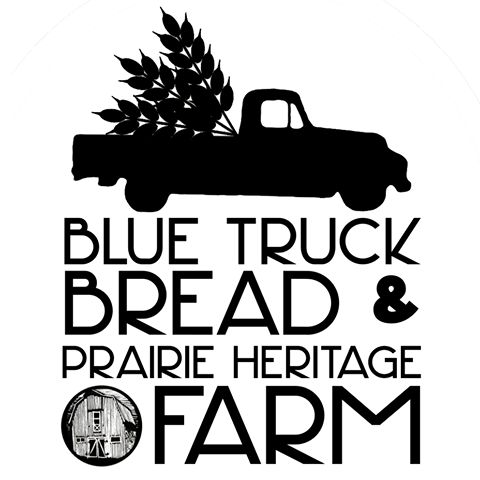Food Waste Reduction - Sweet Results
We've all done it... bought a fresh bag of brown sugar, tucked it into storage for that next batch of chocolate chip cookies, and forgotten it.
In our pantry, we have a special tub where sugars of all kinds are stored, but brown sugar is the only one likely to go solid when your back is turned. Yesterday I found not one — but two — fully sealed bags of brown sugar turned to stone in that storage tub.
The solution — a container that seals tight and a little bit of water in a small dish. These tubs with silicon seals are great for so many uses, but this one takes the cake (or cookie, so to speak). You can see the scratches on the block of sugar where I tried to break it up yesterday, and to the left is the end result — today's rehydrated sugar.
Add this to your list of "No-Waste Solutions," it is a money and time saver. And a great excuse for baking cookies! Happy baking!
Buy local? Why local? Time for the REAL story!
Once upon a time, the consumer, his/her family, and the local community WERE the growers and a supply chain didn’t exist. Transportation from the field and barn to the kitchen was a matter of feet or yards, not miles.
Then things got more complex. As communities grew, consumers moved into towns and villages and farmers brought their products to market to sell them directly to consumers. A supply chain with two links!
As time passed and cities grew, things got more complicated – a LOT more complicated. Somehow we still want to believe that the supply chain - the link between the growers and the consumers - is just as simple as it used to be, way back when! Here is how we see the contemporary food system. A miracle occurs somewhere between the grower and our table, and the products get from plow to plate by magic!

Somehow in our delusion, we imagine the farmer pulling his or her truck up behind the supermarket and unloading baskets of fresh fruits and vegetables or sides of beef and pork into the open arms of the retailer and his staff. And, frankly, the bigger the supermarket, the more likely there will be signs, photos, and even wall-sized murals showing farmers and ranchers smiling as they offer their vegetables and fruit or stand with an arm around the neck of a sleek beef cow.
Well, folks, I hate to tell you, it ain’t so. Time to hear the real story.
Urban Agriculture - Growing Food in Urban Spaces
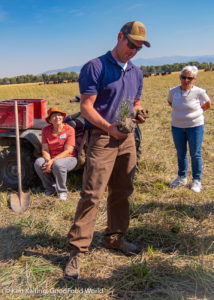
Double X Bar Ranch - Stewards of the Land
A descendant of generations of Montana ranchers and farmers, Tim Dusenberry, owner and operator of Double X Bar Ranch, is the steward of nearly 600 acres of farmland where he raises 135 head of beef cattle, 40+ pigs, and uncounted laying hens, just a few miles from the city limits of Helena.
Tim is a believer in regenerative agricultural practices and spends a lot of time working to restore the health of his soil through cover crops, elimination of farm chemicals including insecticides, reduction of tillage, and rotational grazing.
Double X Bar Ranch is a unique operation here in the Helena Valley and we need to preserve and protect what Tim Dusenberry and his family are doing.
His is fighting an uphill battle against the meat oligopoly where four huge conglomerates deliver meat to Helena residents from as far away as Brazil.
Happy International Day of Cooperatives - the Practical Alternative to Capitalism
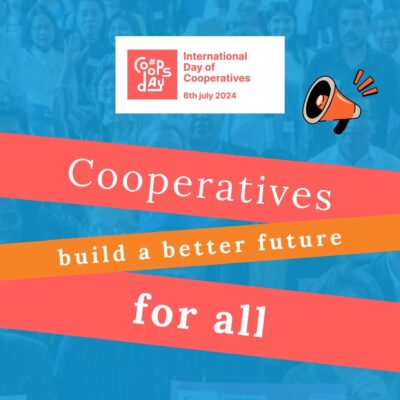
Whether you consider the cooperative model to be market socialism or an alternative, both are opportunities to position it in opposition to pure capitalism. Cooperatives are one strategy to transition from a society that focuses on capitalist profit to one that focuses on human needs.
Chances are you’ve bought products and services from a cooperative business and you’ve probably even belonged to a co-op of some kind. Cooperatives fall into 4 general categories:
- Consumer co-ops: A group of people that buy goods together such as food and housing co-ops (the most common type).
- Producer co-ops: Producers buy and share production materials such as tractors and seeds (very common worldwide in agriculture).
- Worker owned and managed co-ops: Workers produce products and services collectively and equitably.
- Marketing co-ops: A group of businesses offering products or services that come together to sell their products and share administrative, marketing, and distribution costs.
Read on...
Climate Change and California Lettuce – It’s Here!
Climate change has hit your salad bowl.
Weather weirdness In the last few weeks has drastically reduced the volume and quality of lettuce available on grocery shelves.
And since about 90% of the lettuce consumed in the US comes from California and Arizona, the prices are skyrocketing.
First came soil viruses, then water allocations were drastically cut. Next came heat early in the season and caused lettuce to bolt and develop a seed stem. Then as a final blow, came the cold.
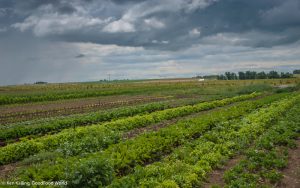
The Fox is in the Hen House Now!
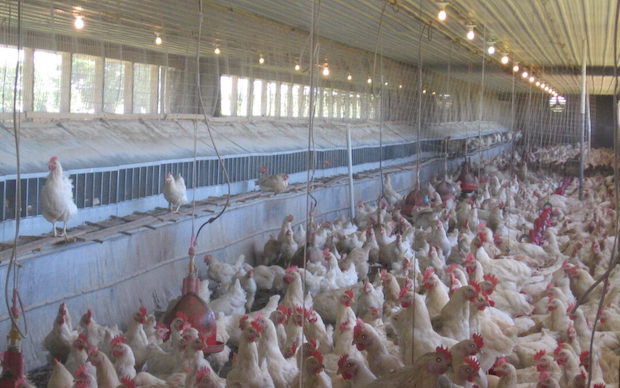
Unending manipulation by industrial farming and food processing to control markets and a government driven by special interests seeking to distort the history and meaning of organic is now promoting new and “improved” organic rules that could permanently codify dangerous and unhealthy living conditions for laying hens and broilers.
We need to make sure they don’t succeed. Our health and wellbeing is dependent on good land stewardship, respectful animal husbandry, and continued delivery of good local and regional food.
To stay on top of threats and machinations to weaken organic regulations for the benefit of large industrial organic food producers and processors.
Is This the End of the Small Boat Fisherman?
Pete Knutson has always been the kind of guy to find a way around the hurdles and challenges life tosses his way.
Loki Fish Company has overcome the odds, because though skill, intuition, and luck, Pete built a successful small business by avoiding “killer” challenges.
Small food-based businesses have a special role in the way we eat – they bring diversity, innovation, sustainability, and vitality to local and regional food systems.
